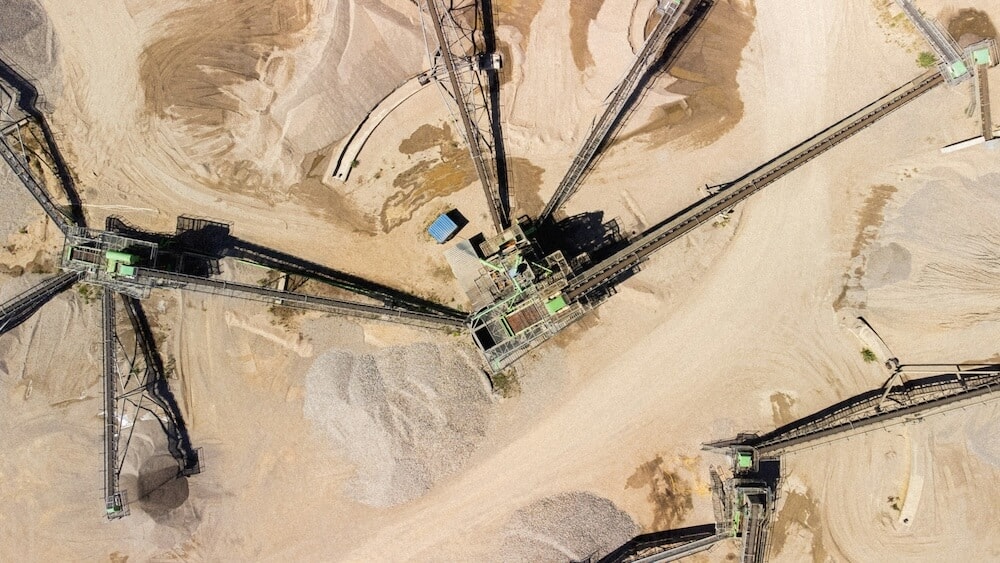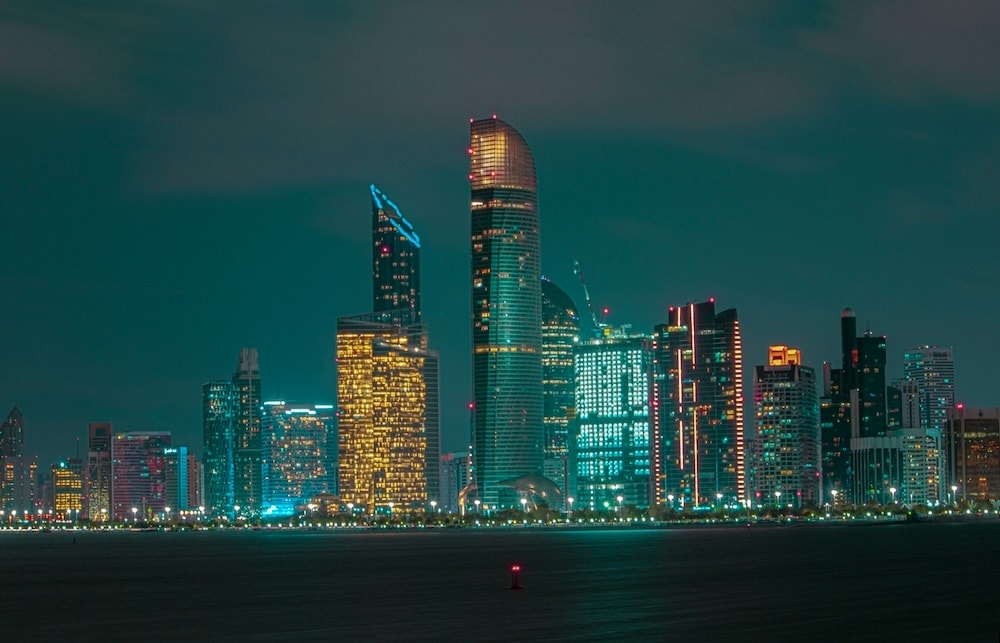Abu Dhabi National Oil Company (ADNOC) — the UAE’s biggest oil producer and one of the top 10 most influential oil and gas firms — is set to double its carbon capture target, in line with the country’s goal towards net zero.
The target update was announced by His Highness Sheikh Khaled bin Mohamed bin Zayed Al Nahyan — Crown Prince of Abu Dhabi and Chairman of the Abu Dhabi Executive Council — in a meeting at the beginning of October, where he reviewed ADNOC’s carbon management strategy.
The company’s plan is to create “a unique platform that connects all the sources of emissions and sequestration sites to accelerate the delivery of ADNOC and the UAE’s decarbonisation goals.”
This includes capacity to capture 1.5 million tonnes of CO2 per year – representing a major step on the way to our 2030 target of 10 million tonnes per year.
We announced the awards of two EPC contracts during ADIPEC to deliver the offshore and onshore scopes.
— ADNOC Group (@ADNOCGroup) October 5, 2023
In September 2023, ADNOC announced “one of the largest carbon capture projects in the Middle East and North Africa (MENA) region.” The project — Habshan Carbon Capture, Utilization and Storage (CCUS) — can permanently store 1.5 million tons of CO2 annually.
Once completed, the CCUS project will increase the company’s carbon-capture capacity to 2.3 million tonnes per annum (mtpa), an amount produced by half a million cars over one year.
The CCUS project is part of a larger set of initiatives to achieve decarbonisation goals quickly. In fact, the company says it is also implementing various “innovative, technology-driven pilot projects, including CO2 mineralisation and full carbon sequestration in saline aquifers.”
“It is our intention to make further investments to significantly reduce our emissions, including in carbon capture and storage, and push the boundaries of innovation and technology with our partners, to build on our world-leading legacy and industry leadership in carbon management,” said Musabbeh Al Kaabi, ADNOC Executive Director of Low Carbon Solutions and International Growth.
The New Carbon Capture Plan
Carbon capture and storage are fundamental to reaching the net-zero goal. “This landmark project, is one of many tangible initiatives that ADNOC is delivering as we accelerate our decarbonisation plan to meet our Net Zero by 2045 ambition,” declared Al Kaabi.
Related articles: Sultan Al-Jaber Hosting COP28: Climate Leadership or Greenwashing? | PR Firms Accused of Greenwashing Oil and Gas Companies | Engaging the Arab Youth in Climate Action
The company’s new goal is to double the current CO2 capture goal of five million tons annually by 2030 and capture 10 million tons a year. It was approved by ADNOC’s executive committee, chaired by Crown Prince Sheikh Khaled bin Mohamed Al Nahyan.
Even though the UAE is the first Gulf state to declare a target to reach net zero carbon emissions by 2050, it has been criticised numerous times.
Last year, it was criticised for its plan to increase oil production capacity by 20% by 2027. Then, just a couple of months ago, the UAE faced criticism for naming Sultan Al Jaber — ADNOC’s CEO — President-Designate for COP28.
ADNOC just opened 3 new gas stations in Egypt & plans 6 more by 2023. Yet Sultan al Jaber, @ADNOCGroup 's CEO & COP28 president, says #COP28 will "phase down fossil fuels." #boycotCOP28 https://t.co/UAixWGXZn9
— earthactionglobal (@earthglobalact) September 26, 2023
ADNOC produces 24 million tons of CO2 annually, which does not include those of its customers. The largest CO2 emissions — directly or indirectly created by the UAE’s biggest oil company — will remain unchecked.
Even if the company manages to meet the new target, it will only stop a small part of its emissions from going into the atmosphere.
Editor’s Note: The opinions expressed here by the authors are their own, not those of Impakter.com — In the Featured Photo: ADNOC Refining Ruwais Site, March 2020. Featured Photo Credit: Rickmaj.














